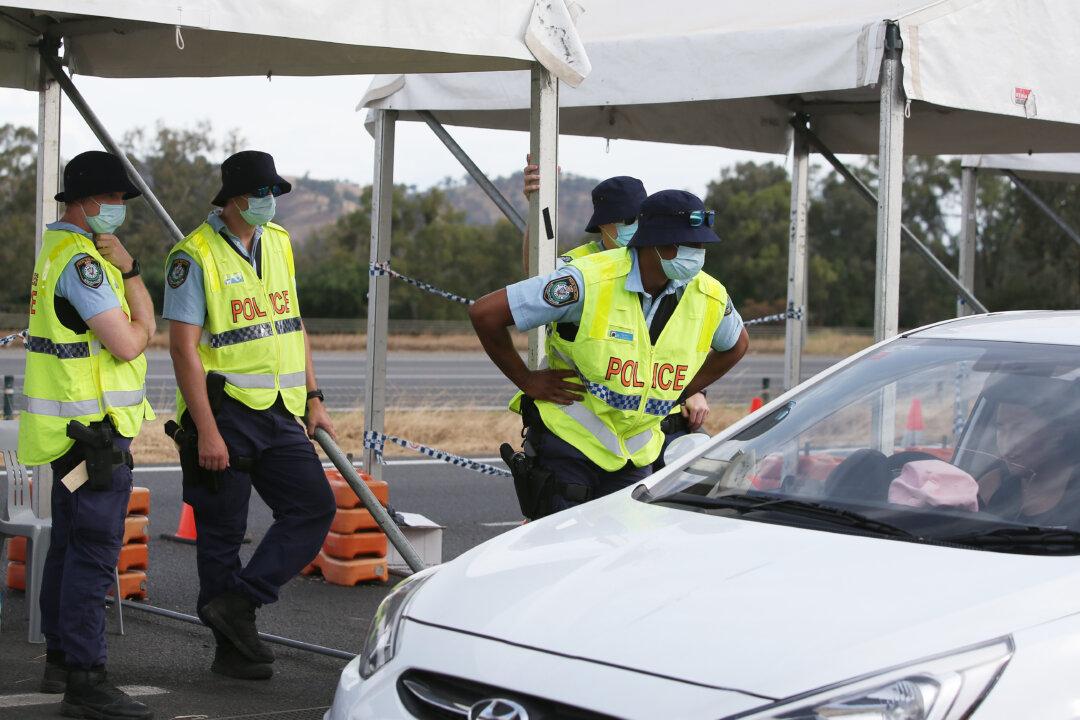Holiday travel plans across the country continue to be thwarted as states and territories tighten their borders to prevent coronavirus seeping in from New South Wales and Victoria.
The Australian Capital Territory has shut out non-residents who have been in NSW’s northern beaches, greater Sydney, Wollongong and parts of the central coast unless they have an exemption. Those found entering without permission could be fined up to $8,000.





